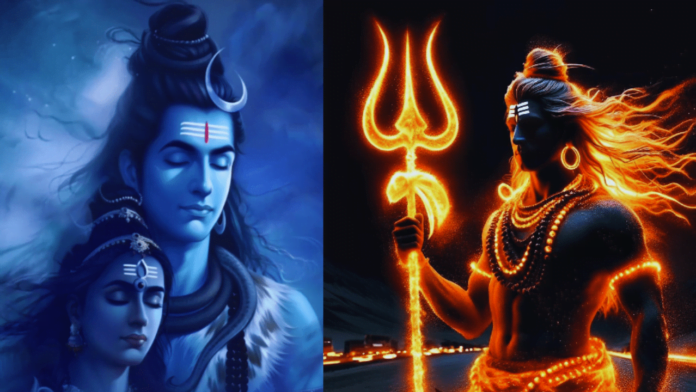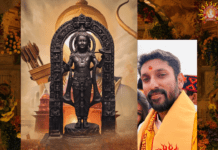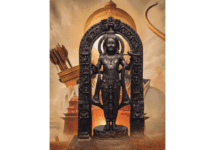Every year, a vibrant energy washes over millions in India and across the globe as they prepare to celebrate Mahashivratri, literally translating to “The Great Night of Shiva.” This sacred festival, observed on the 14th day of the dark fortnight (waning phase) in the Hindu lunar month of Phalguna or Magha, which typically falls in February or March, is a night steeped in profound meaning and spiritual significance.
In Short
Lord Shiva: A Complex Tapestry of Symbolism
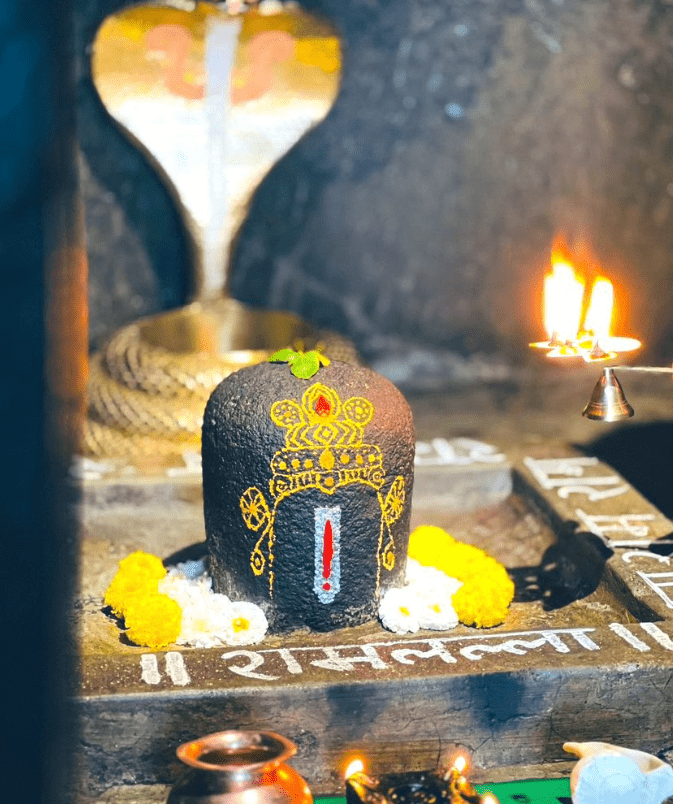
At the heart of Mahashivratri lies the reverence for Lord Shiva, one of the supreme deities in Hinduism. Shiva is a multifaceted god, often depicted in seemingly contrasting forms. He can be the fierce destroyer (Rudra) and the benevolent yogi meditating atop Mount Kailash. He is the embodiment of creation and dissolution, the quiet of consciousness and the dynamic of cosmic dance.
Happy #Mahashivratri 🕉️🙏…May the almighty lord #SHIVA bless you all with good things and perfect health ✨❤️#Mahashivratri2024 | #महाशिवरात्रि 🌺 pic.twitter.com/Q65I9iLIAP
— S I Y A (@yadavsiya9) March 8, 2024
Those that are devoted feel the deep resonance of this complex symbolism. Shiva is a symbol for each person’s capacity for personal development. He embodies the ability to rise above ignorance and attain knowledge.
Unveiling the Layers of Significance
For Hindus, Mahashivratri is a colorful and multifaceted festival with many different connotations. Here are some of the key interpretations:
- Celebrating Creation and Marriage: One popular narrative associates Mahashivratri with the celestial wedding of Shiva and Parvati. This union symbolizes the underlying harmony of creation—the divine harmony between the masculine and feminine energies. Devotees might seek blessings for marital bliss or a harmonious union of their own.
Uttarakhand Tourism wishes everyone on this occasion of #Mahashivratri & extends an invitation to visit #AdiKailash & #OmParvat in #Pithoragarh, for a truly uplifting spiritual experience. For bookings https://t.co/wWdaW2Gz09. Watch full video here >>> https://t.co/XjWJ1F7bss pic.twitter.com/SUWH1Uviko
— Uttarakhand Tourism (@UTDBofficial) March 8, 2024
- A Night of Inner Transformation: Mahashivratri is seen as an auspicious time for introspection and spiritual growth. Devotees observe fasts, stay awake through the night in prayer and meditation, and offer special puja (worship) to Lord Shiva.It is said that going through this phase of self-control will aid in overcoming inner demons and reaching a higher state of awareness.
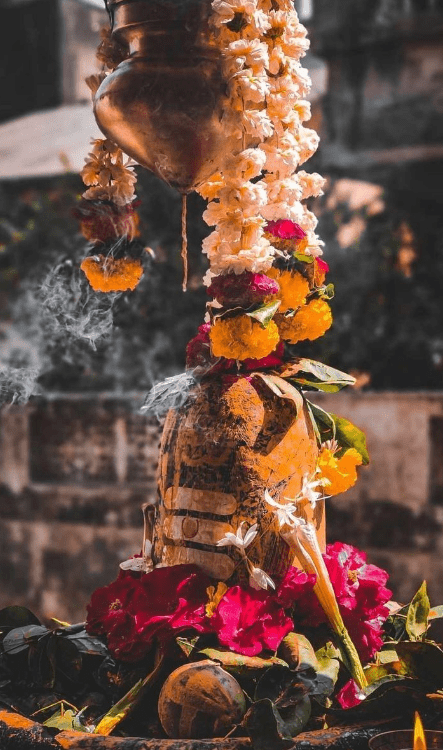
- Overcoming Darkness: The festival coincides with a time when days are becoming longer and nights shorter. Symbolically, Mahashivratri represents the triumph of light over darkness, knowledge over ignorance. Devotees work to eliminate all darkness from their lives by embracing enlightenment and letting go of negativity.
- A Night of Immense Energy: According to yogic traditions, Mahashivratri is a night when there’s a natural upsurge of energy in human beings. Deeper meditation and spiritual activities are made possible by this unique alignment, which makes it a perfect moment to establish a spiritual connection.
Celebrating Mahashivratri: Traditions and Practices
Mahashivratri’s distinct beauty is found in all of its manifestations throughout India. Here’s a glimpse into some common practices:
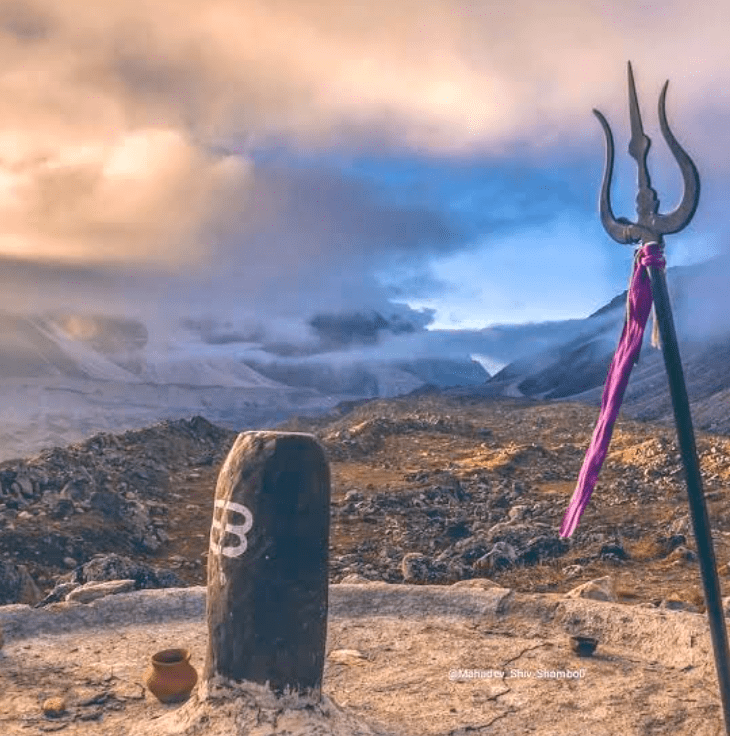
- Fasting: Devotees may observe complete or partial fasts, consuming fruits, milk, or simple vegetarian meals.
- Jagran (Staying Awake): Many devotees stay awake throughout the night, engaged in prayers, chanting hymns (bhajans), and participating in devotional gatherings.
- Abhishekam (Offering): A sacred ritual involving the pouring of water, milk, or other sacred offerings on the Shiva Linga, a symbolic representation of Lord Shiva.
- Special Decorations and Offerings: Temples dedicated to Lord Shiva are adorned with vibrant decorations. Devotees offer flowers, bael (wood apple) leaves, and other sacred items.
- Community Feasts and Cultural Programs: Many communities organize cultural programs, featuring traditional dances, music, and storytelling that narrate the legends of Shiva.
A Festival for Everyone
Mahashivratri transcends the boundaries of strict religious practice. It’s a time for families and communities to come together, celebrate their faith, and reflect on life’s bigger questions. Whether one is a Hindu, a spiritual seeker, or just curious about Indian culture, Mahashivratri offers a glimpse into a complex network of customs and beliefs.
As millions unite to celebrate this “Great Night of Shiva,” let us all take advantage of the opportunity for self-analysis, growth, and a deeper connection with the divine that is inside each of us.
Photos and posts source : X
